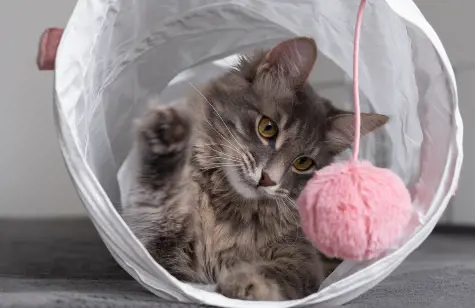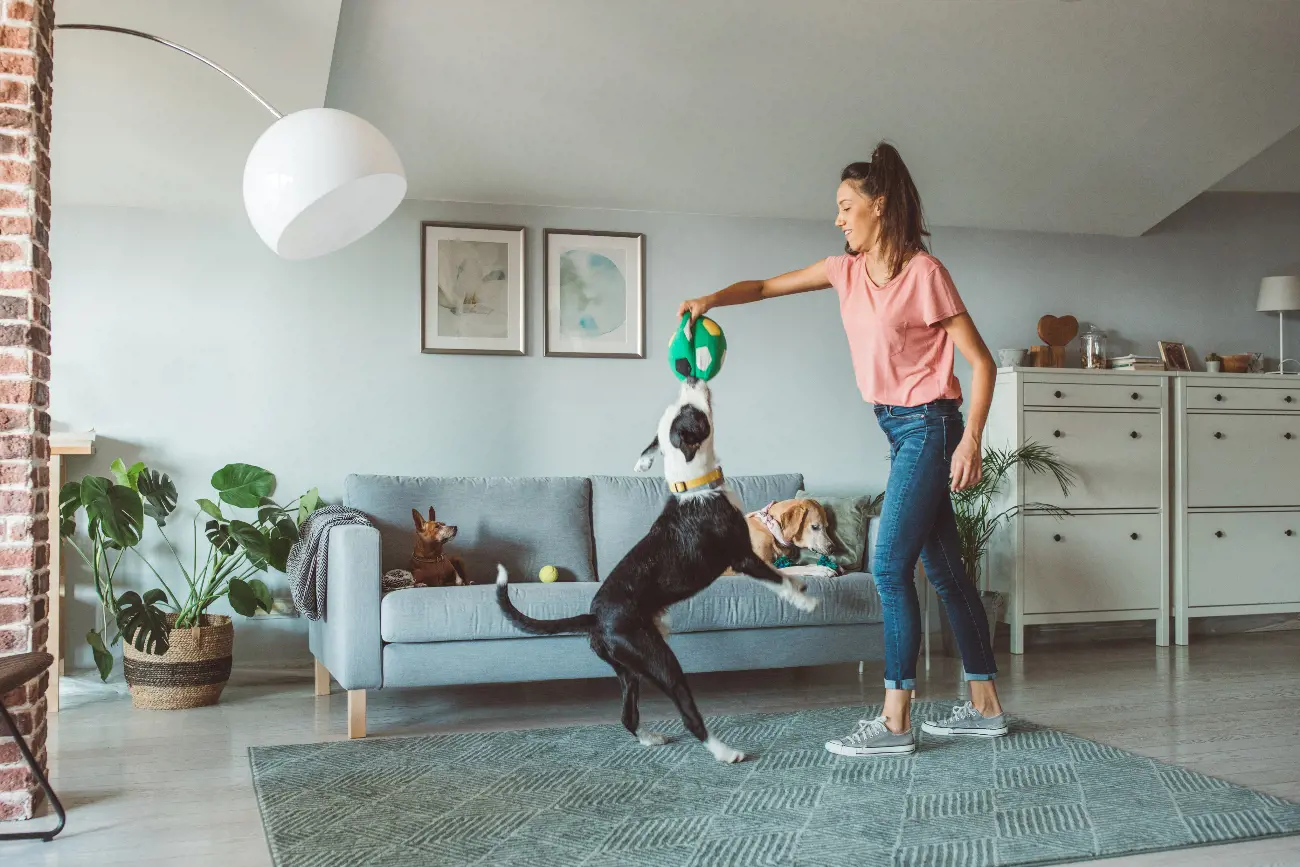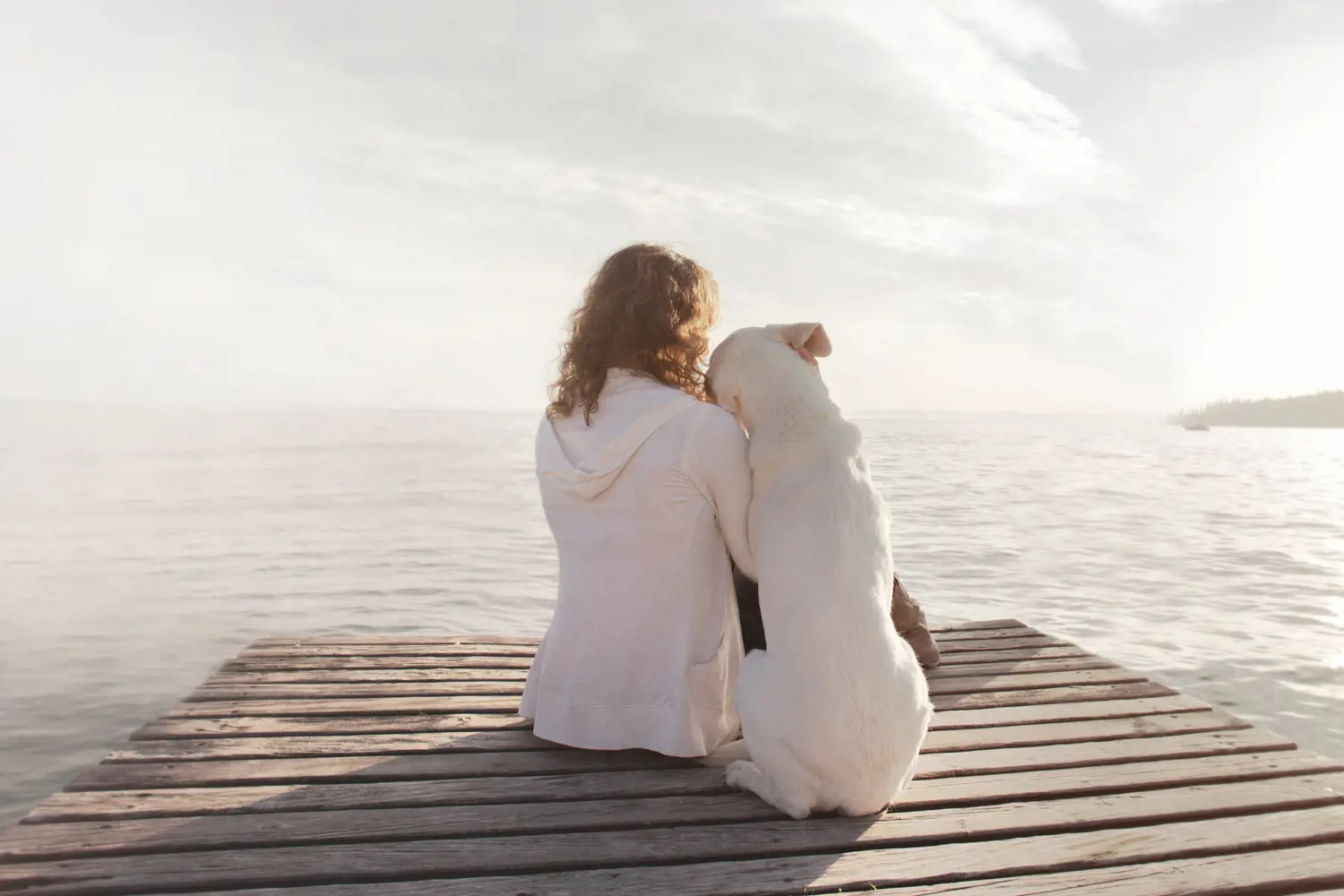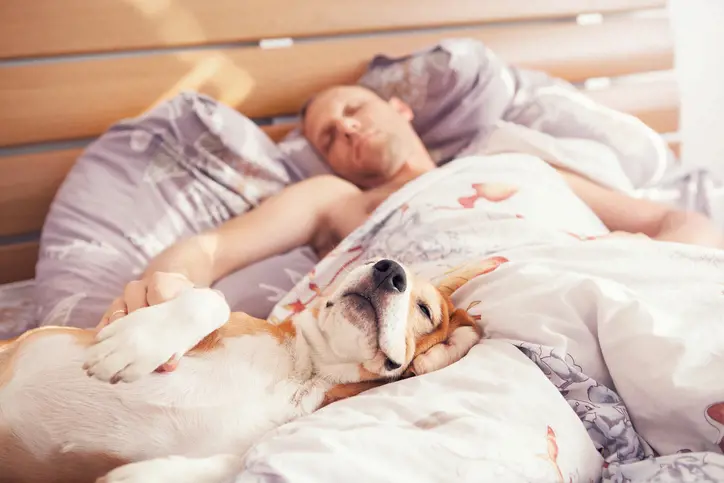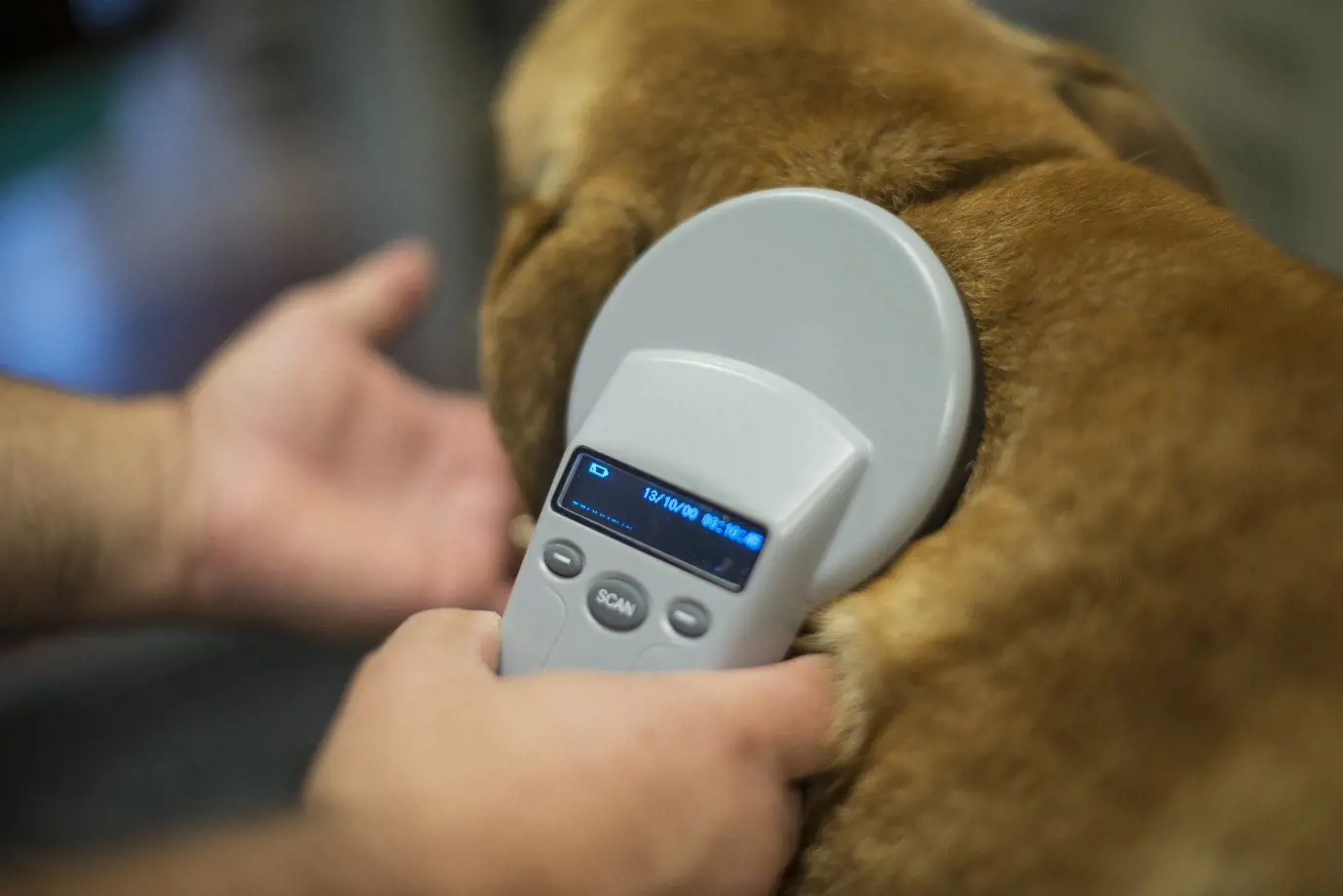Pet First Aid with Joii
28th March, 2023
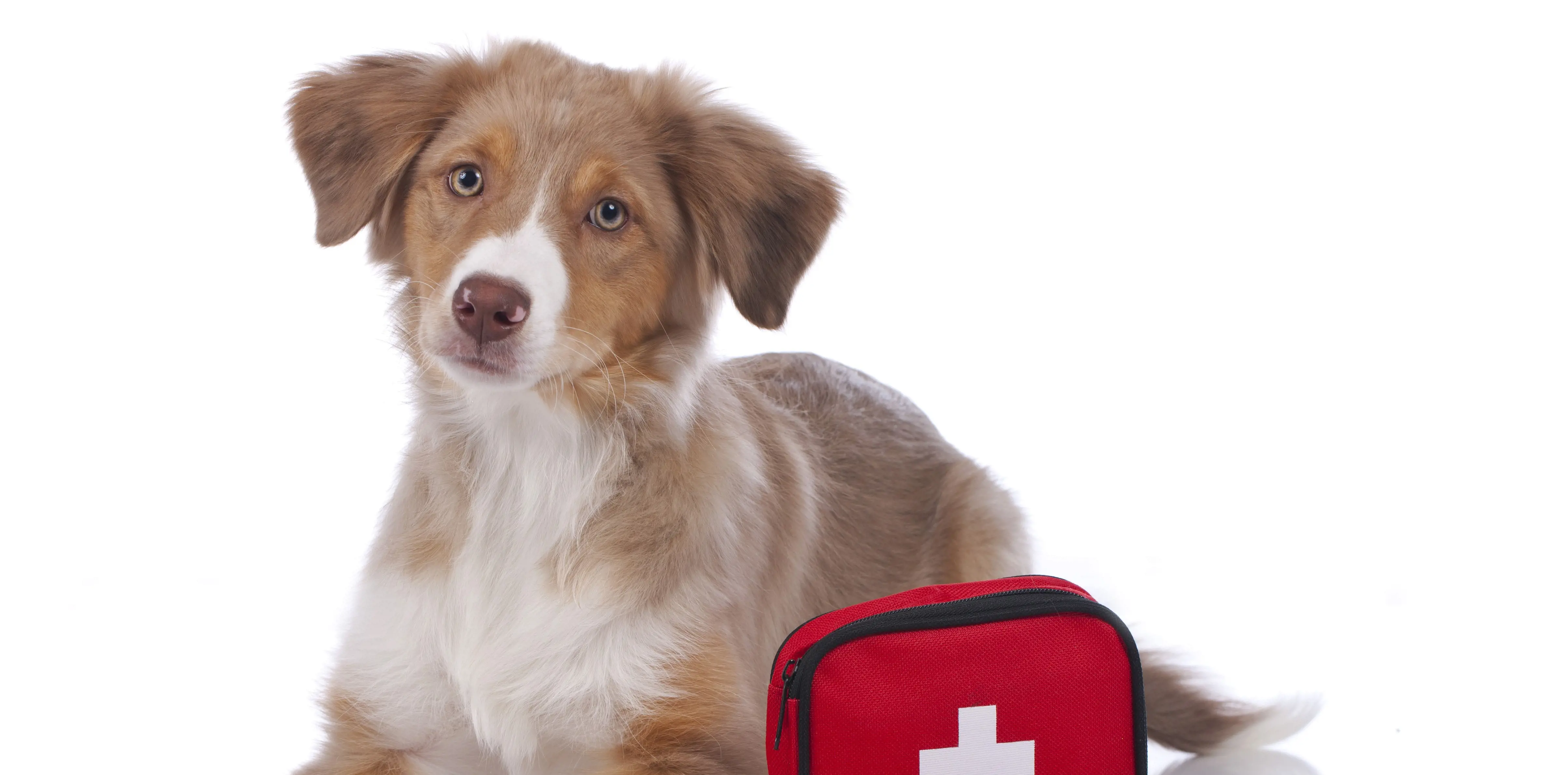
Just like us humans, our pets encounter daily risks and dangers. Knowing some basic First Aid helps us all to be prepared for the unexpected. Always remember pet First Aid should not replace expert veterinary care and in most cases, this will be needed to ensure your pet can return to full health
Our vet care provider, Joii share their expert tips and knowledge.
Accidents and Injuries
General Rules
Stay calm and ‘call on DR ABC’ (paraphrased for pets)
Danger- Keep your pet safe from further harm to themselves, to you or others
Responsive- Is your pet conscious and able to respond to you?
Airway- Is your pets breathing noisy? Is their airway blocked?
Breathing- If unconscious is your pet breathing? Are they Bleeding?
Call a vet
Be Prepared:
Be prepared for the unexpected, as we know accidents and injuries do happen. Assemble your own Pet First Aid Kit- suggested contents:
- Disposable gloves
- Scissors
- Antiseptic wipes for pets
- Sterile wound dressings
- Micropore tape
- Sterile non-adherent wound dressings
- Gauze swabs
- Tick-removal tweezers
- Cotton wool
- A thick cloth or pad (for applying pressure)
- A note of your vet’s telephone number
Common day to day emergencies
Wounds:
Pads, paws, ears, and tails are all common sites for injury.
If they are bleeding heavily:
- Reassure your pet and keep them as calm as possible
- Try to find where the blood is coming from
- Apply pressure with a thick towel or clean cotton pad
- Keep pressure applied until the pad is secured with tape or a bandage
- Call a vet
Cuts and grazes:
- Clean the wound with warm salt water, Using 1 teaspoon of salt to 500mls of warm water
- Cover with a non-adherent dressing, secured with micropore tape to keep dirt out
- Keep your pet from licking the wound- socks and Medi-boots for pad and nail injuries or t-shirts for their torso
- Call a vet
Bites:
- Check for bleeding and apply pressure if bleeding heavily
- Call a vet
Animals’ mouths are full of bacteria so bite wounds will be infected. Dogs have powerful jaws, and their bites cause damage that is worse beneath the surface.
All dog bites should be checked by a vet
Burns:
CARE! Burns are very painful. Your pet may lash out if touched.
- DR ABC!
- Remove your pet immediately from the heat source
- Cool the burned area down under cool running water for 15-20 mins if tolerated
- Always use cool and not ice-cold water
- Cover the burn with clingfilm or a clear non-adherent dressing IF your pet will tolerate this
- Keep the rest of your pet’s body warm with a blanket
- Call a vet
Don’t apply creams or ointments to burns unless you are advised by your vet. They do more harm than good. Burns are serious injuries, and all burns should be checked by a vet.
Road accidents:
- DR ABC!!
- Stay safe- your pet will be in pain and may behave out of character
- Don’t move your pet unless it is safe for them and you to do so
- Check that they are breathing
- Check if they’re bleeding and apply firm pressure to the wound
- Call a vet
Poison:
Ingested (eaten) poisons for pets include chocolate, grapes and other human food, chemicals, some houseplants, garden plants and human medicines
- Remove the pet from further risk
- Call a vet immediately
DO NOT attempt to make your pet sick at home. This can be very dangerous. Vets can safely make your pet empty their stomach and can monitor them as they do so. This needs to be done as soon as possible, ideally within 2 hours of ingestion, so call immediately.
Surface poisons (may be licked off or absorbed)- pollens from plants, contaminated river water, algae, and cleaning chemicals
- Remove the pet from further risk
- Wash off surface contamination
- Call a vet
Heatstroke:
In hot cars and on hot days, this is life threatening!
- Calm and reassure your pet
- Give them cold water to drink
- Gradually pour cool tap water over your pet’s body
- Use a fan to create a breeze of cool moving air over them
- Call a vet and keep cooling your pet in transit
Allergic reactions
Bee stings, wasp stings, medicines and food may all trigger an allergic reaction in pets. Bumps may appear on your pet’s skin, and they may be sick
- Call a vet- Call immediately if your pet develops swelling around their face or tongue.
Ticks:
Ticks can spread serious infectious diseases, including Lyme disease. However, irritation and infection at the bite site is a far more common problem for pets. Reduce the risk of tick bites by using tick preventive drops or tablets. call a vet for advice on the most suitable one for your pet.
- Remove ticks as soon as possible, ideally using special tick-removal tweezers
- Do not crush ticks, apply spirit, burn ticks, pull them straight off or cover with Vaseline
- Check all parts of the tick have been removed, including mouthparts
- Bathe the site with warm salt water (1 teaspoon salt to 500ml warm water)
Helpful Pages
Recent Posts
Pet Insurance Quote
- 98% claims paid *
- Claims paid directly to vets
- 24/7 vet video consultations
- Interest free monthly payments
